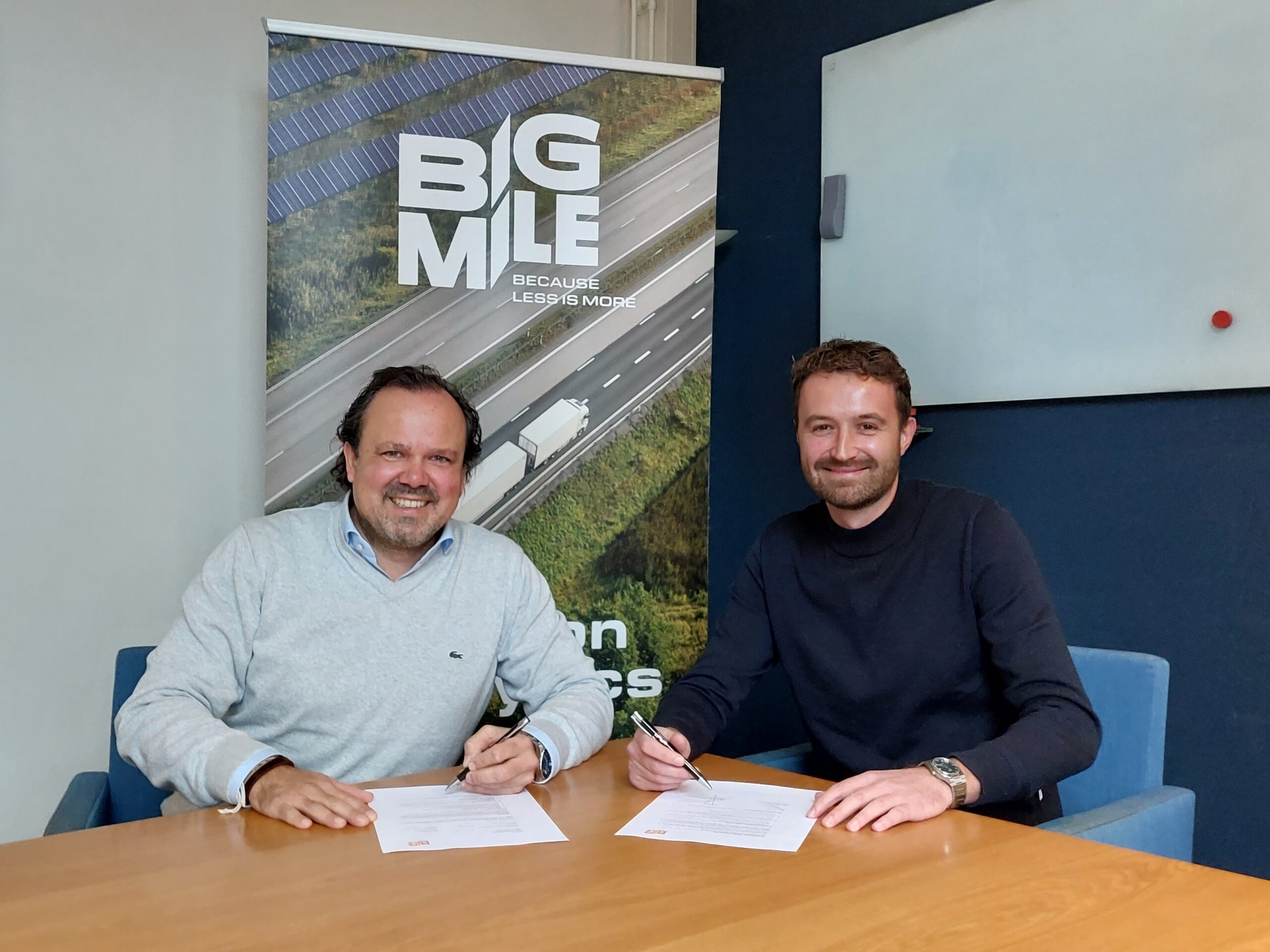Web-shop consumers will soon be able to choose a delivery option during the checkout, based on the predicted carbon emissions.
Software vendors Paazl and BigMile are joining forces to provide consumers with carbon calculations for parcel deliveries. “Our aim is to be able to predict the CO2 of a shipment per carrier, so that online shoppers can factor this in when selecting a carrier for their deliveries,” says Erik Wencker of Paazl.
It is both costly and time-consuming to integrate and maintain a network of multiple carriers in multiple countries. For that reason, the Dutch SaaS company Paazl has developed software that allows web-shops to offer their consumers a variety of delivery options from either local or global carriers. Paazl now wants to add an extra dimension to that by including sustainability as a factor in the delivery options.
As a first step, Paazl is focusing on providing the brands and retailers that use their software visibility into CO2 emissions through their own proprietary data dashboards. “When e-commerce companies know which delivery options are most sustainable, they can share this information with their customers at the checkout stage. The ultimate goal is to make consumers aware of the environmental impact of shipping their order and to steer them towards sustainable shipping options,” explains Erik Wencker, Head of Product & Integration at Paazl.
Calculating carbon emissions beforehand instead of afterwards
To make this possible, Paazl will integrate the BigMile Emission API software early in the second quarter of 2024 as the basis for CO2 calculations. “In the case of a multi-carrier checkout, you need a lot of data to calculate the carbon emissions per shipment, which makes things very complex,” says Wencker. “Thanks to our integration with carriers, we already get a lot of transportation data. We are going to use that to analyse previous parcel deliveries to determine the carbon emissions level associated with delivery.”
In the next phase, Paazl plans to go a step further by providing predictive CO2 calculations, or in other words, the expected carbon emissions per carrier per shipment. “We can use the analysed data to make predictions. When we show consumers the predicted emissions at the checkout – before they choose a delivery option – transport becomes an informed decision based not only on delivery time and shipping costs but also sustainability,” Wencker continues.
Intersection of needs
Jan Pronk, Managing Director of BigMile, is pleased with the new partnership. “Retailers and logistics service providers are increasingly faced with emissions-related legislation and reporting requirements. Meanwhile, consumers want to be able to make more sustainable choices, both when buying products and when arranging delivery. This collaboration with Paazl places us precisely at the intersection of all these needs and enables us to support both groups,” he says. “It’s great that consumers have immediate visibility into the supply chain impact of carbon emissions, and that sustainability-related promises about the delivery of their orders are backed up by real figures. We’re very happy with how Paazl is tackling this,” concludes Pronk.

